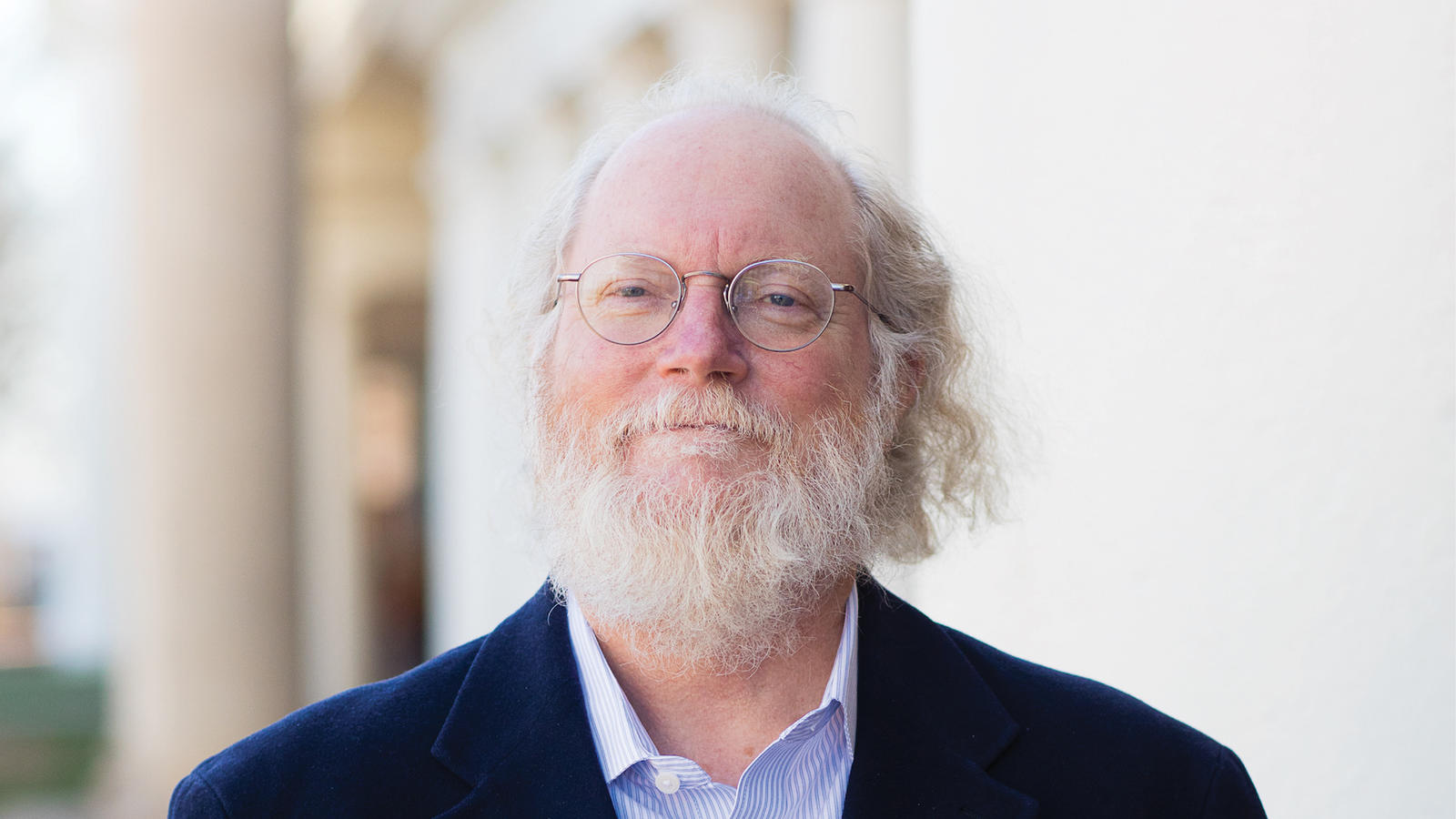
Eubank Named Jefferson Science Fellow by the National Academies of Science and Engineering
Stephen Eubank, deputy director in the Network Systems Science and Advanced Computing division of the University of Virginia Biocomplexity Institute, has been named a 2021-2022 Jefferson Science Fellow.
The fellowship program is a collaborative effort between the U.S. academic community, the U.S. Department of State, and the U.S. Agency for International Development (USAID). It is designed to advance science, technology, engineering, and medical expertise in areas that impact policy decisions of the U.S. Department of State or USAID. It is managed by the National Academies of Science and Engineering.
Jefferson Science Fellows spend one year on-site in Washington, D.C. at the U.S. Department of State or USAID, and may also work at U.S. foreign embassies and missions.
Eubank has been assigned to the Bureau of Oceans and International Environmental and Scientific Affairs, within the U.S. Department of State’s Office of International Health and Biodefense.
“Stephen is a distinguished researcher and leader, and well deserving of this fellowship. I know he will continue to make significant contributions to science and in helping to inform U.S. policy” said Madhav Marathe, director, Network Systems Science and Advanced Computing division, Biocomplexity Institute.
Eubank joined the Biocomplexity Institute in 2005 and pursued interests in developing advanced technology for studying realistic sociotechnical systems; and in understanding how the dynamics of diffusive processes on networks, such as disease transmission, relate to the structure of the underlying networks.
Eubank also serves as the principal investigator for one of the research groups that forms the National Institute of Health’s MIDAS (Modeling Infectious Disease Agent Study) network and is part of the Institute’s COVID-19 Pandemic Response team, which is supporting local, state and federal leaders by developing actionable epidemiological models that inform decision makers in providing guidance to the public.
His research interests are in simulating large sociotechnical systems, computational epidemiology, scaling in complex systems, and network structure and graph theory.
“The team at the Biocomplexity Institute has long focused on informing policy with an understanding of how complex sociotechnical systems behave. The fellowship will give me an opportunity to study policy formation from a different perspective, and I expect to bring back a better understanding of how our work can address gaps in the process. On a personal level, I'm excited to have a chance to serve society and repay it in some small measure for its investment in me as a scientist,” Eubank said.
Before joining the Biocomplexity Institute, Eubank was a founder of the Prediction Company, a visiting scientist at Japan’s Advanced Telecommunications Research Institute, and a staff member at Los Alamos National Laboratory. While at the Los Alamos laboratory, Eubank played a leading role in the development of the traffic microsimulation component of the Transportation Analysis and Simulation System, developed the Epidemiological Simulation System project, and served as team leader for the Urban Infrastructure Suite (UIS). UIS is a collection of interoperable simulations of interacting infrastructures, each of which simulates the behavior of every individual in a large urban region. The goal of UIS is to model the dynamics of systems, including their physical and social components.
To learn more about the Biocomplexity Institute, please visit biocomplexity.virginia.edu.